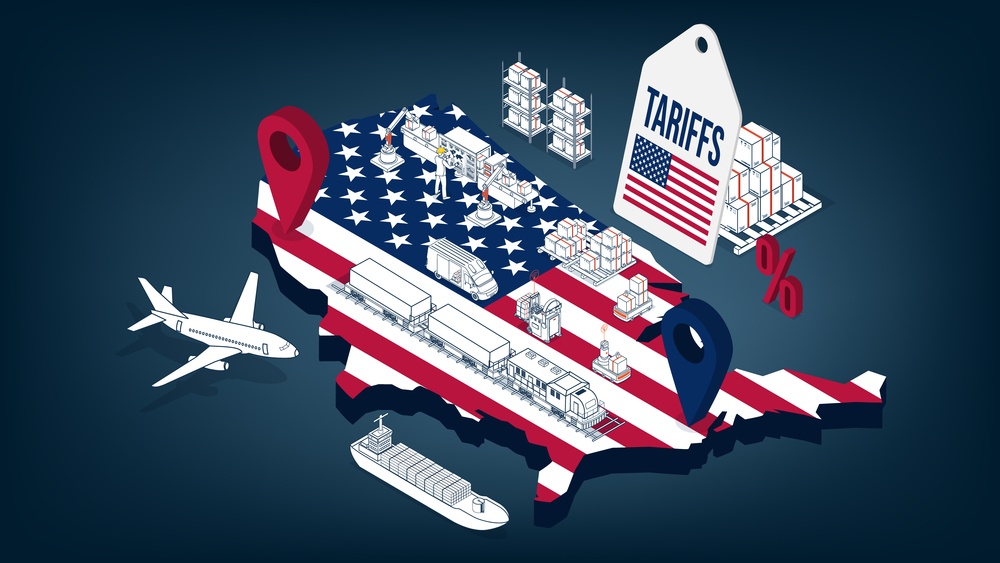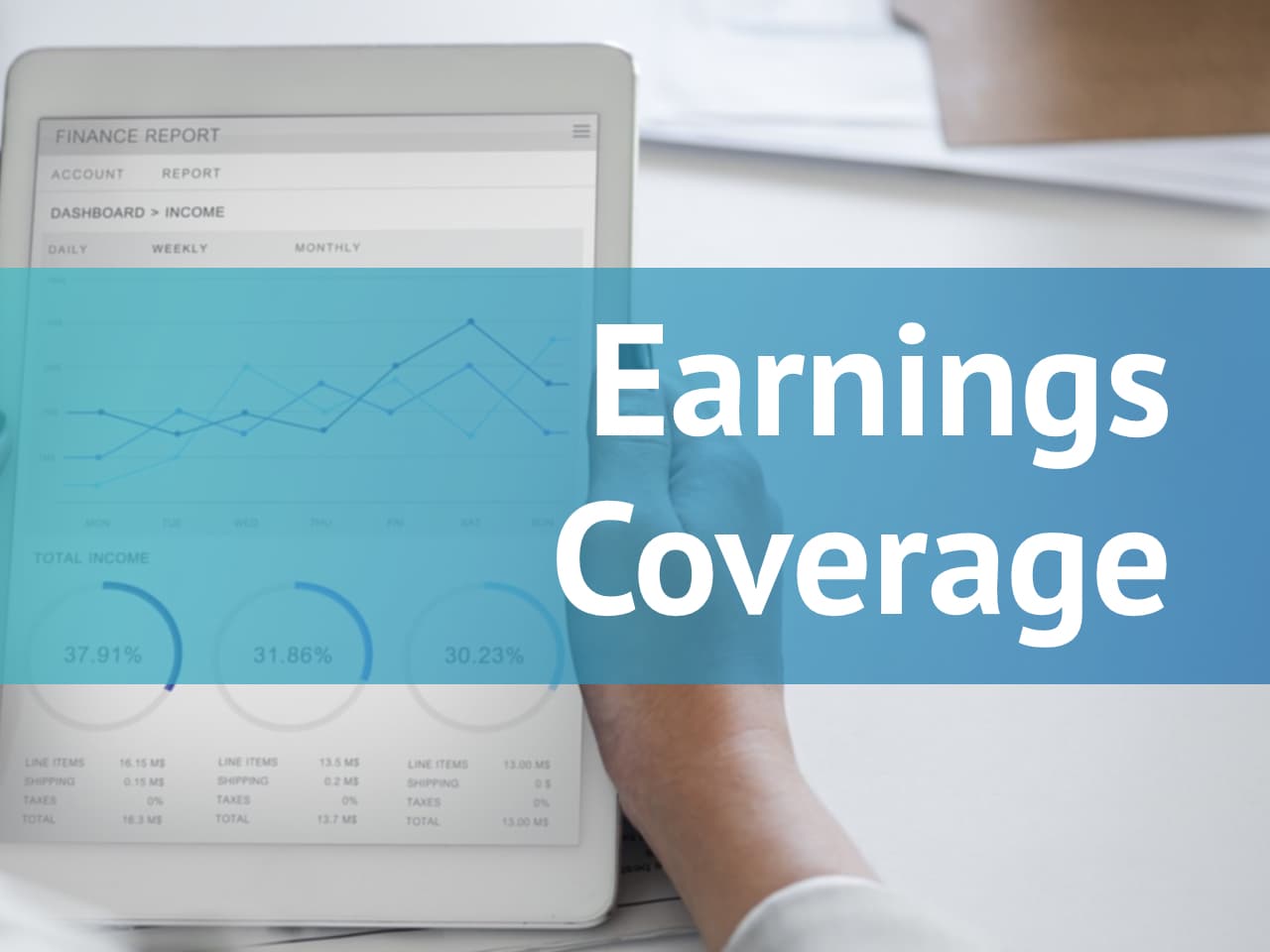Fresh off her 2018 upset New York Democratic congressional primary win, Alexandria Ocasio-Cortez (better known as AOC) and Massachusetts Sen. Edward Markey announced they were launching an ambitious legislative plan called the Green New Deal. While people who had a grounding in economic thought found this new initiative to be naïve at best and destructive at worst, nonetheless it has energized American progressives and other environmental true believers.
The goals for the GND were right out of Central Planning Fantasyland, something that is obvious from reading from the website:
The Green New Deal starts with a WWII-type mobilization to address the grave threat posed by climate change, transitioning our country to 100% clean energy by 2030. Clean energy does not include natural gas, biomass, nuclear power or the oxymoron “clean coal.”
The implementation of the Green New Deal will revive the economy, turn the tide on climate change and make wars for oil obsolete. This latter result, in turn, enables a 50% cut in the military budget, since maintaining bases all over the world to safeguard fossil fuel supplies and routes of transportation could no longer be justified. That military savings of several hundred billion dollars per year would go a very long way toward creating green jobs at home.
On top of that, the Green New Deal largely pays for itself in healthcare savings from the prevention of fossil fuel-related diseases, including asthma, heart attacks, strokes and cancer.
Moving to 100% clean energy means many more jobs, a healthier environment and far lower electric costs compared to continued reliance upon fossil fuels. Studies have shown that the technology already exists to achieve 100% clean energy by 2030. And we can speed up the transition by making polluters pay for the damage they’ve caused, starting with a robust carbon fee program.
The Green New Deal is not only a major step towards ending unemployment for good, but also a tool to fight the corporate takeover of our democracy and exploitation of the poor and people of color. Our transition to 100% clean energy will be based on community, worker and public ownership and democratic control of our energy system, rather than maximizing profits for energy corporations, banks and hedge funds.
We need to treat clean energy as a human right and a common good. We also need a just transition to provide resources to the low-income communities and communities of color most impacted by climate change.
The Green New Deal will provide assistance to workers and local communities that now have workers employed in the fossil fuel industry and to the developing world as it responds to climate-change damage caused by the industrial world.
The idea that, in five years, the entire grid will consist of electricity powered by windmills and solar panels, with more electricity being produced in 2030 than is currently generated using fuels such as coal and natural gas is preposterous on its face. However, the framers of the GND are not done, as they are promising a cornucopia of jobs and wealth:
The Green New Deal includes an Economic Bill of Rights, which ensures all citizens the right to employment through a Full-Employment Program that will create 20 million jobs by implementing a nationally funded, but locally controlled direct-employment initiative. We will replace unemployment offices with local employment offices offering public sector jobs that are “stored” in job banks in order to take up any slack in private sector employment.
The GND proponents believe they can accomplish a complete transition of America’s energy production by government fiat and through massive tax-fed subsidies. Of course, this kind of largesse needs legislation behind it and the true believers—led by AOC herself—settled on the infamous (and hilariously named) Inflation Reduction Act. In fact, AOC served as a cheerleader for what was the cornerstone measure of the Biden administration, one that supposedly would create nine million jobs and totally transform the US economy.
However, the promised transformation never occurred. Price inflation remained high, and none of the lofty goals came close to being reached, nor is there the remotest possibility that all of these utopian promises will be fulfilled five years from now. Forget those thousands of EV charging stations that were supposed to be built, or other promises that failed to get past the paper on which they were written. And there is good reason for why the GND and the Inflation Reduction Act have failed other than for the lack of political will.
Austrian economics offers the following explanation: one cannot ignore the issues behind economic calculation. More than a century ago, Ludwig von Mises warned in Socialism that the lack of a social mechanism built upon private property, profits and losses, and market prices would doom any socialist plans. As he noted in Bureaucracy, economic planning requires what he called a “common denominator” that would guide the planners:
In the capitalist system all designing and planning is based on the market prices. Without them all the projects and blueprints of the engineers would be a mere academic pastime. They would demonstrate what could be done and how. But they would not be in a position to determine whether the realization of a certain project would really increase material well-being or whether it would not, by withdrawing scarce factors of production from other lines, jeopardize the satisfaction of more urgent needs, that is, of needs considered more urgent by the consumers. The guide of economic planning is the market price. The market prices alone can answer the question whether the execution of a project P will yield more than it costs, that is, whether it will be more useful than the execution of other conceivable plans which cannot be realized because the factors of production required are used for the performance of project P.
The Green New Deal and its accompanying legislation—the Inflation Reduction Act—have been based upon the belief that government agents can identify problems and impose solutions by directing resources through command-and-control. While their system gives a nod to prices and private ownership, at best, the organizational structure would resemble what came out of Italy and Germany in the 1930s, or Fascism. Profits and market prices don’t guide that system; indeed, the organizers of the GND and the IRA see profits and market prices as hindrances to their plans, for they represent the capitalist scourge of placing profits above people.
Yet, as Mises noted, the system will grind to a near halt without the “common denominator” of market prices, and that is what we have seen. While New York Times columnist Ezra Klein laments the lack of progress made by the Biden administration to carry out its grandiose plans, it also is clear that he fails to understand the roots of that failure:
Delay has become the default setting of American government. The 2021 infrastructure law was supposed to pump hundreds of billions into roads, bridges, rural broadband, electric vehicle chargers. By 2024, few of its projects were finished or installed. That wasn’t because Biden or his team wanted to run for re-election on the backs of news releases rather than ribbon cuttings. But the administration didn’t make the changes necessary to deliver on a time frame the public could feel. Many members of Biden’s staff now bitterly regret it. That includes Sullivan, who described his experience as “profoundly radicalizing.”
“Whether it’s infrastructure or submarines or energy generation or transmission lines or chip fabs — it is crazy the extent to which we have clogged up our delivery,” Sullivan told me. “Part of it is laws and regulations. Part of it is the self-deterrence of caution. Part of it is litigation. Part of it is complacency. Part of it is bureaucracy. But what I encountered in my four years as national security adviser was a constant and growing set of obstacles to getting anything done fast. It was a huge frustration. Huge.”
Indeed, the vast regulatory system that is the very pride of the progressive movement of the past 120 years plays a part in the inability of governments to carry out many of their grandiose schemes. But it is much more than just regulation; without market prices and the prospects of profits and losses, the government planners tasked with implementing these programs are unable to make rational economic decisions. When their own fiat decision-making process runs headlong into the regulatory system that was created to deter private enterprise from building profitable projects, what remains is a wealth-killing stalemate.
The Green New Deal has not failed because of a lack of political will or because government regulators were too good at their jobs. It failed because it is based upon a socialistic model of command-and-control akin to the former Soviet Union. Mises told us that very thing 100 years ago and world events since then have only confirmed he was telling the truth.


























